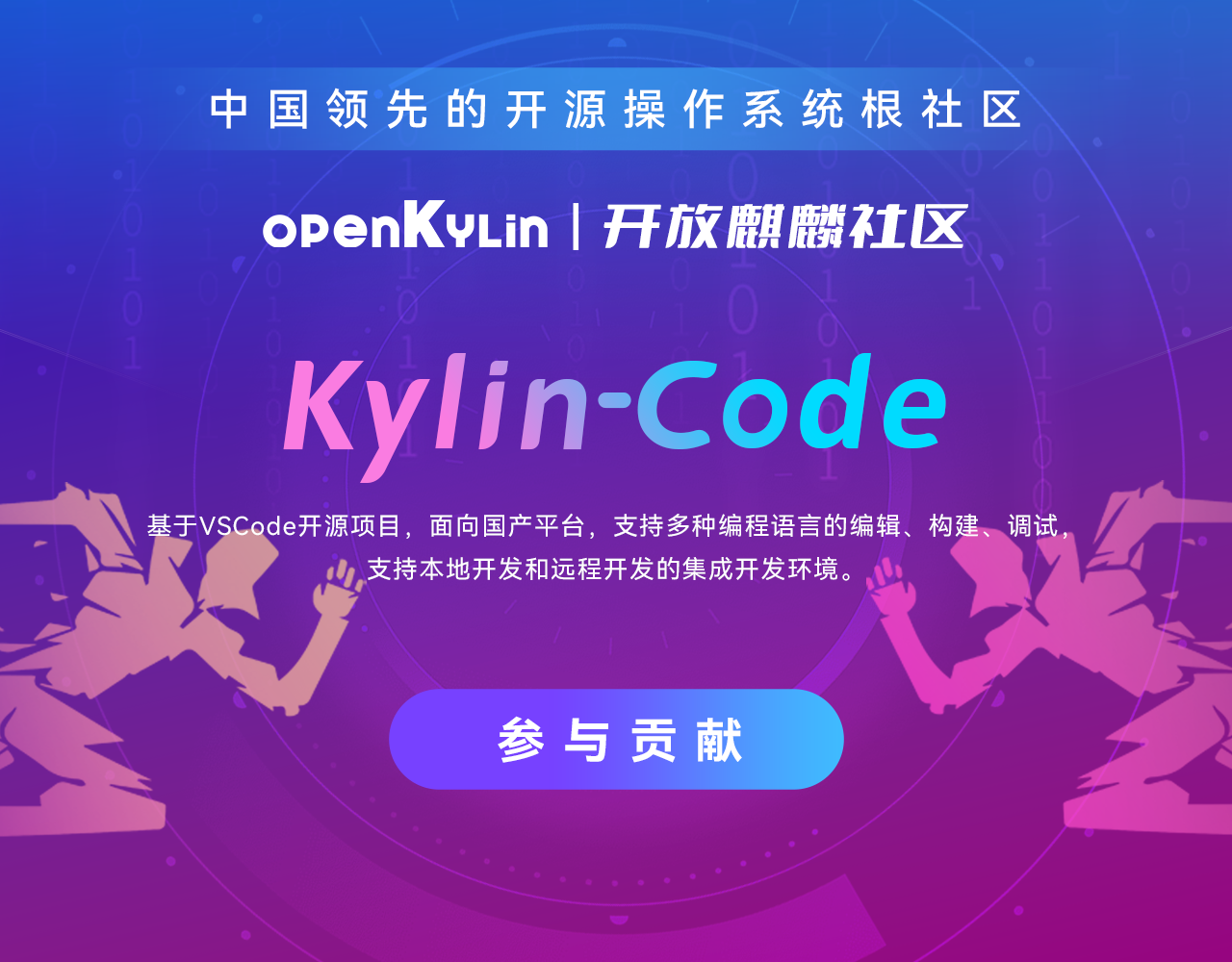Note: seen in foreign blogs How to Hire This article introduces 15 specific suggestions on how to hire people. Although the article is written for start-ups, many of the suggestions are also suitable for mature companies. The author graduated from the computer department of Harvard University and founded a social networking company Loopt, Therefore, many suggestions in this paper have great reference value for software companies. We translate it for the reference of programmers and entrepreneurs.
In addition to making money, the biggest problem faced by start-ups is hiring people. It is very important and difficult to hire the right people. In fact, hiring may be the most important thing facing founders.
If you don't hire the right people, you will not succeed - because the company is the work of a team of founders. You can lead a group of mediocre people to complete outstanding work in your own fantasy, but you cannot build a great company alone.
Here are some suggestions on hiring:
1) Spend more time hiring people
Most founders don't spend enough time on hiring. After determining the company's vision and product market mix, you should spend one-third to half of your time hiring people. This sounds crazy, because you always have a lot of work to do, but hiring people is the most valuable thing you can do, and a great company must have great employees, always.
You can't outsource employment - you need to spend time identifying talents, motivating potential candidates to work in your company, and meeting everyone who comes to interview. Keith Rabois believes that before the number of the company reaches 500, the CEO or founder should personally recruit and interview each employee
2) At the beginning, do the specific work in person
Speaking of taking time, before hiring for a position, you should take time to learn the specific work that the position needs to do. If you don't understand the position well, it will be difficult to find the right person. A typical example of this is a technical hacker CEO who decides to hire a vice president of sales because he doesn't want to do sales related things. This will not succeed. He needs to do sales related work first to learn specific details. On this basis, he can choose from several final candidates according to the suggestions of investors.
3) Hire smart, efficient people
For each specific position, you will have some specific needs, but intelligence and efficiency should always be included. Strangely, people often forget these two needs. Predictably, such employment is doomed to fail (or never succeed) in the early stage of a startup.
Fortunately, these two characteristics are easy to judge.
Communicate with the candidate about what they have done, and ask him about the most impressive project and greatest achievement. You can also be more specific and ask him how to arrange the time of the day and what he completed last month. Then go further on a topic and ask him what he actually did, because people tend to attribute the success of the project to their own contributions; Ask him how to solve a specific problem facing your recruitment position.
Through the above exchanges and some questions you asked during the review of your resume, you can well judge whether he is efficient or not. Usually, you can draw a conclusion through an hour or so of dialogue. If you don't get any effective information during the interview, it is very bad; If you are bored with the interview, it is even worse. A good interview feels like an interactive conversation, rather than a mechanical question and answer.
Remember: in a startup, everyone you hire seems to be doing a new job for the first three to six months. Smart and efficient people have good adaptability.
4) Let people try new jobs, not just interviews
This is the most important skill I can offer. It's hard for you to know how it feels to work with someone just through a few rounds of interviews; After you work with him, it's easy to know.
Whenever possible (in fact, it is almost always possible), let him work with you for a day or two before you decide to hire him, either in the evening or on weekends. If you are interviewing a programmer, ask him to write some code for a practical but less urgent project; If it is a marketing position, let him write a press release and find some reporters to send it out. You need to sign a contract with him and pay for the work, just like other contract workers.
By doing so, you will have a very, very intuitive feeling about the situation you work with this person and whether he is suitable for the position, which you cannot obtain through an interview. At the same time, he will also have some knowledge about working in your company.
5) Focus on the right talent channel
Basically, it boils down to "more use of your network resources". The best recruitment channel is friends, and friends of friends. Keep in touch with the best people, even if you don't think you can hire them. If there is only a 5% chance of success, it is still worth doing.
All the best start-ups I know employ this way, and the hiring process is much longer than people usually think. Most bad start-ups find excuses for not doing so.
When you hire a person, once you are sure that he has his own social circle, you should sit down with him and dig out the list of people worth hiring in his social circle. Maybe you should work hard for it.
For excellent people, you often need to take the initiative to hunt. They never look for jobs, so don't limit your vision to those who are looking for jobs. A difficult question is how to hunt acquaintances. I don't have a standard answer here.
It is often difficult to hire technical personnel, but the situation is made worse by recruitment advertisements. The conference is a good channel. Providing a venue for those interesting technical conferences will be very helpful for technical recruitment. Once you have established a good cooperation channel, campus recruitment is also more effective.
Don't limit your search to local. Sometimes, some people will want to move from other cities.
Think of talent sources as a long-term investment. You may spend time talking to someone, but you won't talk about employment for a year or more.
Use your investors and their networks to find candidates. In your email to investors, let them know what kind of people you need to hire.
6) Having a mission, don't be surprised how often you need to spread it
In order to recruit effectively, you need to set a mission for the company. In addition to hoping to work with a great team, candidates need to believe in your mission, that is, why this job is more important than other jobs. Having a mission that excites people may be the best thing you can do to build a great team before actually starting a business.
As an entrepreneur, you will assume that everyone will be as excited about your company as you are. The truth is, no one will. You need to spend a lot of time to make candidates excited about your mission.
If you have a good mission and you are good at telling it, you will find better people.
You should use your board of directors and investors to help you close candidates. Once you decide that you want to hire someone, you enter the closed mode. The reporting target (and CEO) of the newly hired person should do everything possible to close the candidate and talk with this person once a day.
7) Hire people you like
In Stripe, this is called the Sunday test - do you want to come to the office on Sunday because you want to be with this person? People who like working with you are very important to the company culture. Very few times, I met good candidates, but I didn't like them. Only once did I decide to hire, which turned out to be a wrong decision.
People often say, remember that you need people with different ideas together. But in some aspects, you need the team to be consistent, such as integrity, intelligence, etc.
8) Set some cultural values
Spend a lot of time thinking about what kind of culture you need to build (there are some good examples on the Internet). Ensure that the entire company is familiar with these cultures and accepts them. Any new hire should match the culture.
Andrew Mason said that values are a decision-making framework to help everyone make the decisions you want in the face of conflicts of interest (such as the conflict between growth and customer satisfaction).
Stick to your values as beliefs. If the candidate does not match these values, he should be willing to give up employment even if he is excellent in other aspects. The diversity of opinions and personalities in the team is good, but the diversity of values in start-ups is bad.
There are some people who have their own way of behaving and are never willing to follow your values. You will eventually fire them.
9) Don't compromise
In the initial stage of entrepreneurship, you always need people, and it is easy to hire a person who is not smart enough, or whose values do not match you very well, because you really need someone to complete the work. Especially in the early stage, there must be no compromise. One staff problem can ruin a company. It is better to lose an order or postpone the product launch than to hire a mediocre person.
Capable people attract other capable people. Once you hire a mediocre person, it will destroy the positive cycle.
10) Pay generously, but use equity as the main means
In the initial stage, you should be very frugal in almost every aspect, but the compensation for talented people is an exception.
What you should be generous about is equity. Ideally, you would pay a slightly lower salary than the market level, but give very generous equity. "Experienced" people often have higher output, and sometimes you need to pay them more, but remember that great companies are not usually created by experienced people (except for a few roles, experience is really important).
I believe it will make many people angry, but this is the right strategy. If you need a salary higher than the market level, you can work in a large company, but there is no equity.
Ideally, the salary you pay should meet your employees' cash flow needs. How to allocate equity is difficult, but a good rule is to give the top 20 employees double the equity suggested by your investors. For a good company that is not on the right track, the approximate data I see is 1.5% equity for the first employee and 0.5% equity for the 20th employee. Different companies are very different.
By the way, a very successful startup company pays almost the same salary for all its engineers, which seems to work well. Their salaries are lower than those of other companies, but these engineers enjoy their work and believe that stocks will bring a lot of wealth. Those who are willing to accept this kind of remuneration are what you need in the entrepreneurial stage.
You will need to negotiate and negotiate and learn how to do it. In general, it is a bad practice to destroy your salary structure in order to hire someone. The news will spread and everyone will be unhappy.
11) Pay attention to the red warning and trust your rationality
In the process of interview and salary negotiation, you should pay attention to some things, because these things usually mean that this person will not succeed in the startup. Focusing on titles is one example; Focusing on things like "how many reports will there be in my organization" is a worse example. You will soon get a feeling from these things. Don't turn a blind eye to them.
If you have difficulty deciding whether to hire a person, do not hire.
12) Continuous recruitment
Unfortunately, recruitment is not a temporary activity like a transaction. You need to consider it as a long-term job, rather than starting when you need to fill a position. There will be considerable uncertainty in the process of company operation. If you find someone very suitable for a certain role, you should still hire him even though you don't need the role within two months.
13) Quick dismissal
I've never met a new entrepreneur who fired fast enough. Similarly, all entrepreneurs I met have learned this lesson in a few years.
You don't need to ensure that your dismissal decision is 100% correct. When someone is obviously unsuitable, most things will not change for the better. It is better for everyone to break up quickly, rather than procrastinating and holding unrealistic illusions that maybe things will get better. This is especially true for the person you need to let go - if he only stayed in your company for a month or two, it will not have a negative impact on his future interview. At the same time, other people in your company may have realized before you that this person is not suitable.
Having to fire someone is one of the most painful things entrepreneurs must do, but you must overcome difficulties and believe that dismissal will bring better results than delay.
14) Invest some energy in the hiring process
Ask everyone on your team who is involved in the recruitment process to determine whether to hire and write reasons. If you make the wrong decision, these materials will help you review the hiring process. After the candidate leaves, it is better to have a brief discussion with all the interviewees.
Let someone take the candidate to lunch or dinner, insist that everyone should be on time, and be ready for the interview, to ensure that every candidate leaves a positive impression on your company.
Organize the interview process – one person will coordinate the whole interview process, ensure that every topic you care about is talked about, call for discussion after all interviews, etc. At the same time, determine the consistent way you decide whether to hire, such as whether you need everyone's consent before hiring?
Remember, although your team is good at what they do, they may not be good interviewers. It is important to teach the team how to do interviews.
15) Not hiring
Many entrepreneurs hire people just because hiring people is a cool thing, and people often ask how many employees you have. Companies usually operate better when they are small. It's always worth taking the time to think about the least things you can do, and then organize a team as small as possible to do it.
Don't hire people just to hire them. If you need to do something, there is no other way to do it except hiring people.
Good luck. Hiring people is a very difficult but important job. Don't forget that after you hire people, you need to keep them. Remember to be a good manager, hold regular meetings with all employees, make employees happy and have challenges, etc. Always maintain a positive atmosphere in the company, which is very important to retain talented people. New roles are given to employees about every six months. Of course, continuing to focus on hiring talented people will in itself help retain other talented people.
Always identify and promote talented people. It may not seem as attractive as thinking about solving new problems, but it will help you succeed.












































